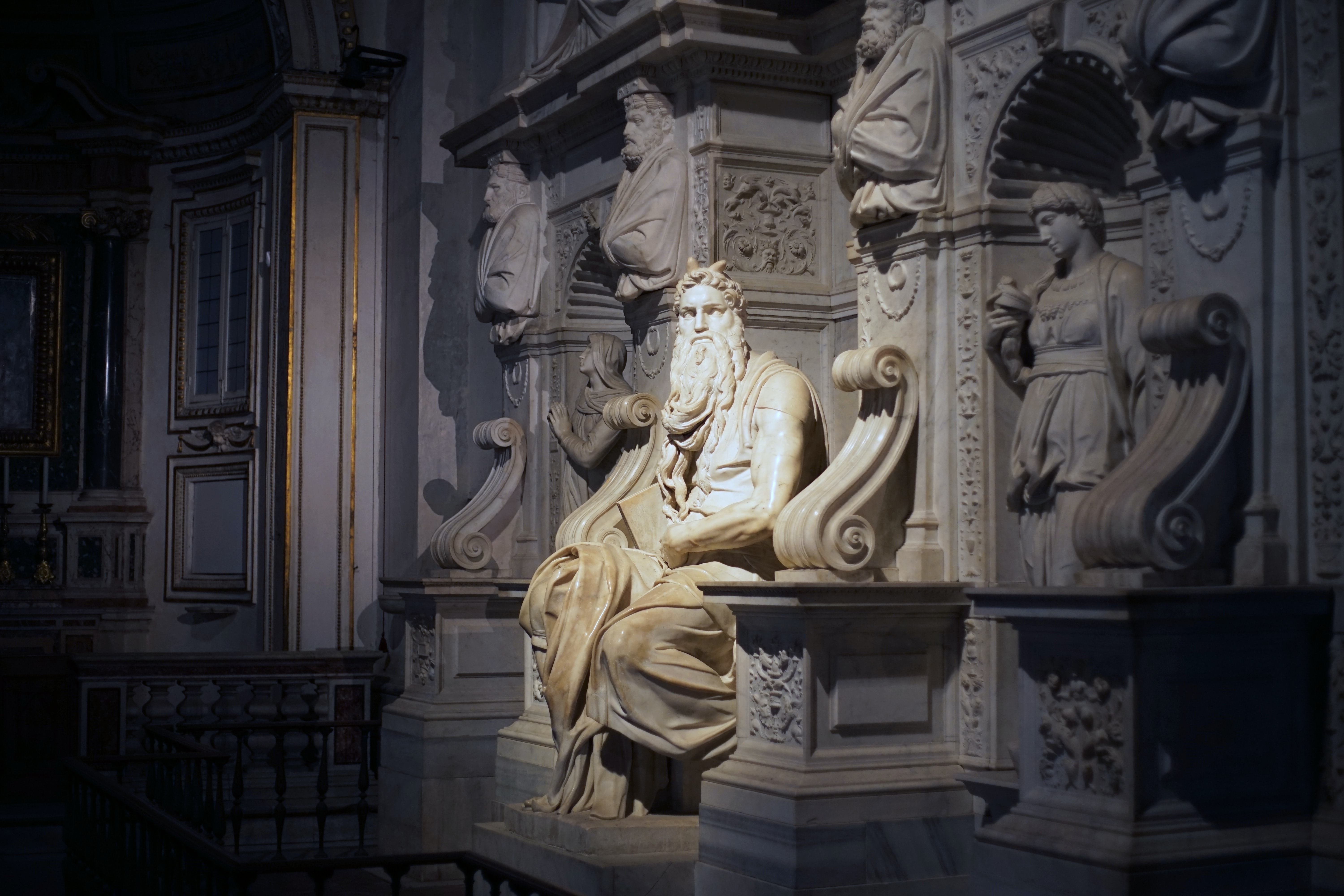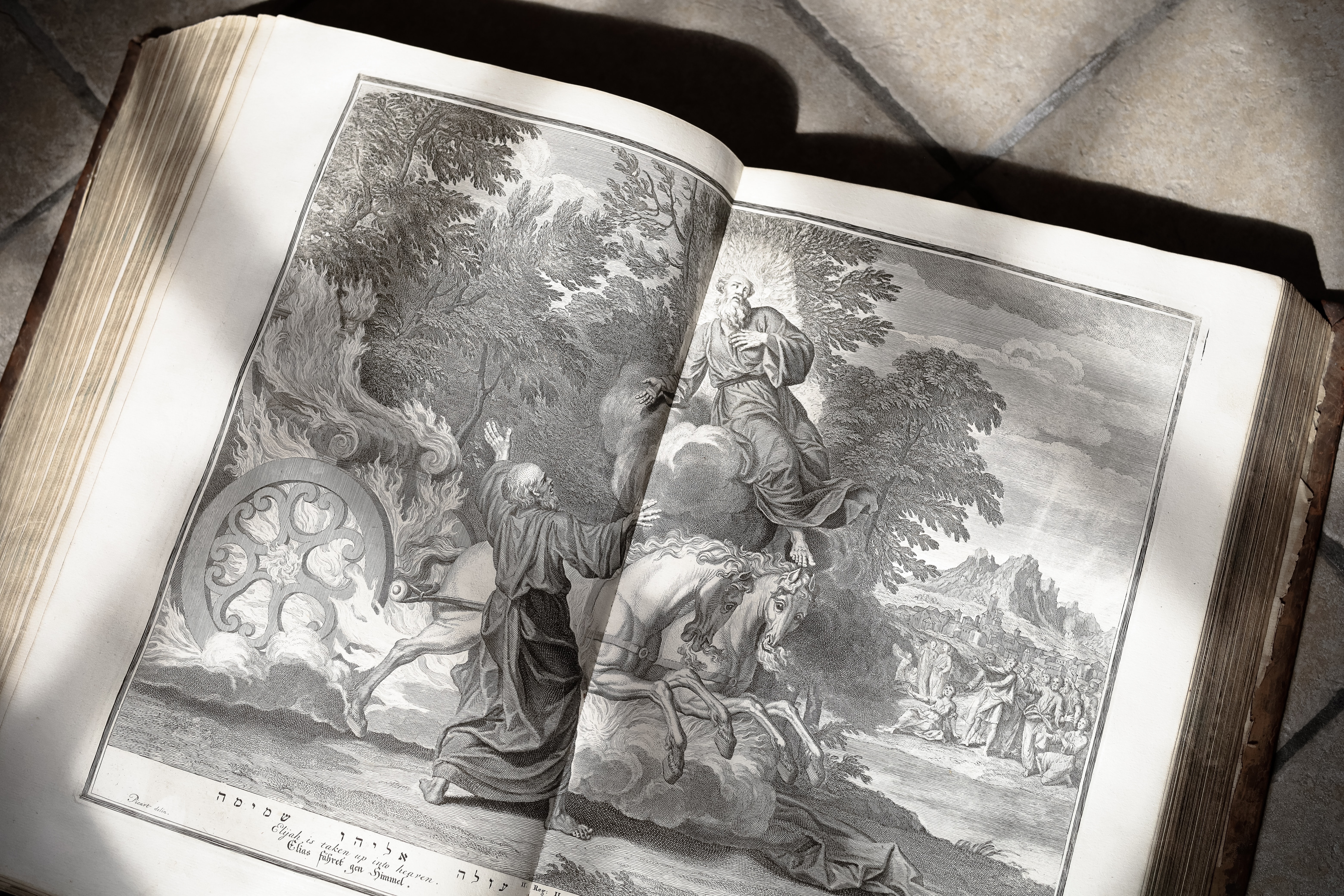I love the liturgical calendar of the Church. It reminds us that the journey of conversion is always ongoing and portrays the important moments in the Gospels that give witness to Jesus Christ. But what if we started to live by the liturgical calendar in our daily lives as well? What if it was something more than changing vestments at Mass or noticing Feast Days on a calendar?
Evangelization is simply bringing the sacred into the secular. It is introducing the world in its business and monotony to the person of Jesus. I think one of the most effective ways to do this today is reclaiming the calendar for God and using it as an opportunity to share the Good News. Think about what the global impact would be if every Christian celebrated Christmas as the birth of Christ and made it known to their neighbors, or if St. Valentine’s day was a call to true and virtuous love instead of little heart candies that taste like antacid.
I think what prevents a lot of people from evangelizing is the fear that perhaps they won’t know what to say. As if a Theology degree is necessary to bring the Good News. But in the First Reading today we hear, “Observing the boldness of Peter and John and perceiving them to be uneducated, ordinary men, the leaders, elders, and scribes were amazed, and they recognized them as the companions of Jesus.” That’s right, two of the most important evangelists in history were not educated. They were ordinary people like you and me who had such a profound relationship with Christ that it literally spilled into every aspect of their lives.
The Church has already given us the tools in the liturgical calendar. Imagine again how the world would look if we all went into work excited about celebrating a certain feast day because we love how that saint emitted the glory of the faith? The secular world makes movies about demons, we have a Church that can expel them without camera angles or green screens. The secular world makes billions off of superhero stories, we have actual superheroes who are able to go beyond what is naturally possible through the power of God. The secular world is obsessed with living forever, we have a God who literally overcame death.
The truths of the faith are being talked about in the world already. We shouldn’t be afraid to give public witness to the real beauty of what we believe through the many feasts and celebrations that have been set up for us as Catholics. Let’s all try, during this Easter season especially, to be bold in proclaiming the resurrection of Christ and to actually use words. If you want a starting point, invite someone to dinner and share with them that one of the first things Jesus did after his resurrection was to eat with his friends. See where it goes from there.
From all of us here at Diocesan, God bless!
Me encanta el calendario litúrgico de la Iglesia. Nos recuerda que el camino de la conversión siempre está en curso y retrata los momentos importantes de los Evangelios que dan testimonio de Jesucristo. Pero, ¿si también empezáramos a vivir según el calendario litúrgico en nuestra vida diaria? ¿Y si fuera algo más que cambiarse las vestiduras en la misa o notando días festivos en un calendario?
La evangelización es simplemente traer lo sagrado a lo secular. Es presentar al mundo en sus negocios y monotonía a la persona de Jesús. Creo que una de las formas más efectivas de hacer esto hoy es reclamar el calendario para Dios y usarlo como una oportunidad para compartir la Buena Nueva. Piense en cuál sería el impacto global si cada cristiano celebrara la Navidad como el nacimiento de Cristo y lo diera a conocer a sus vecinos, o si el día de San Valentín fuera un llamado al amor verdadero y virtuoso en lugar de pequeños dulces de corazón que saben a antiácido.
Creo que lo que impide que mucha gente evangelice es el miedo de que tal vez no sabrán qué decir. Como si fuera necesaria estudiar una carrera de Teología para llevar la Buena Nueva. Pero en la Primera Lectura de hoy escuchamos: “Observando la audacia de Pedro y Juan y percibiendo que eran hombres sin educación, los líderes, los ancianos y los escribas estaban asombrados, y los reconocieron como los compañeros de Jesús”. Así es, dos de los evangelistas más importantes de la historia no fueron educados. Eran personas comunes como tú y yo que tenían una relación tan profunda con Cristo que literalmente se derramó en todos los aspectos de sus vidas.
La Iglesia ya nos ha dado las herramientas en el calendario litúrgico. Imagínese de nuevo cómo se vería el mundo si todos fuéramos a trabajar emocionados por celebrar cierta fiesta porque nos encanta cómo ese santo emitía la gloria de la fe. El mundo secular hace películas sobre demonios, tenemos una Iglesia que puede expulsarlos sin ángulos de cámara ni pantallas verdes. El mundo secular gana miles de millones con las historias de superhéroes, tenemos superhéroes reales que pueden ir más allá de lo que es naturalmente posible a través del poder de Dios. El mundo secular está obsesionado con vivir para siempre, tenemos un Dios que literalmente venció a la muerte.
Las verdades de la fe ya se están hablando en el mundo. No debemos tener miedo de dar testimonio público de la verdadera belleza de lo que creemos a través de las muchas fiestas y celebraciones que se han establecido para nosotros como católicos. Tratemos todos, especialmente durante este tiempo de Pascua, de ser audaces al proclamar la resurrección de Cristo y de usar palabras. Si quieres un punto de partida, invita a alguien a cenar y comparte con ellos que una de las primeras cosas que hizo Jesús después de su resurrección fue comer con sus amigos. Y luego ve a dónde te lleva.
De parte de todos nosotros aquí en Diocesan, ¡Dios los bendiga!

Tommy Shultz is a Business Development Representative for Diocesan. In this role he is committed to bringing the best software to dioceses and parishes while helping them evangelize on the digital continent. Tommy has worked in various diocese and parish roles since his graduation from Franciscan University with a Theology degree. He hopes to use his skills in evangelization, marketing, and communications, to serve the Church and bring the Good News to all. His favorite quote comes from St. John Paul II, who said, “A person is an entity of a sort to which the only proper and adequate way to relate is love.”
Feature Image Credit: Eric Rothermel, unsplash.com/photos/FoKO4DpXamQ












